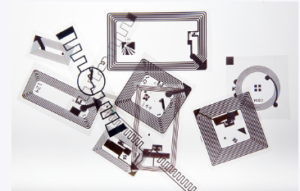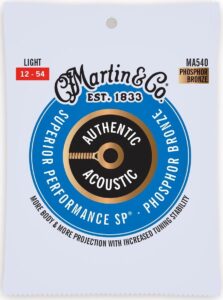Borrowing money from friends or family can be an efficient way of quickly accessing funds; however, borrowing may strain personal relationships and complicate matters further.
Low doc loans NZ lenders typically favour applicants with strong credit and secure incomes, so to increase your chances of approval, it is wise to review a lender’s borrowing requirements well in advance and gather any required documents, such as proof of income, before applying.
1. Personal Loans
Low doc loans NZ don’t require a credit check to qualify for a personal loan; applicants need to provide basic information regarding their income, debts and assets, as well as the purpose of the loan.
 Personal loans can be an ideal way to cover unexpected expenses or finance large purchases or as an effective means of paying off credit card debt and decreasing your credit utilisation ratio – the percentage of available credit that is utilised.
Personal loans can be an ideal way to cover unexpected expenses or finance large purchases or as an effective means of paying off credit card debt and decreasing your credit utilisation ratio – the percentage of available credit that is utilised.
Suppose you’re struggling to manage high-interest debt on multiple cards. In that case, a personal loan may help consolidate them into one payment with a lower interest rate and simplify managing them. Some personal loan providers provide unsecured options without minimum credit score requirements. In contrast, others require co-signers or collateral as a form of protection when lending to those with poor credit histories.
2. Business Loans
Business loans can be used for various reasons, with marketing being one of the more frequent applications for funding. Marketing campaigns can be costly and have lasting ramifications on a company’s revenue; many lenders require minimum annual revenue figures and personal credit checks of their borrowers before lending money. Other alternative lending solutions, such as merchant cash advances and invoice factoring, may be available if traditional lenders can’t meet requirements.
Before applying for a business loan, all necessary documents must be ready in advance. Doing this will prevent errors that might delay funding and demonstrate to lenders that you can manage debt payments responsibly – an experience that will boost creditworthiness over time.
3. Student Loans
Even though the desire to avoid loans may be strong, many college students rely on loans for funding gaps. The best student loan lenders allow borrowing without credit checks or cosigners required; some don’t even require enrollment in full-time studies!
Consider low doc loans NZ options for both federal and private student loans when making your decision. Federal loans tend to have lower interest rates and more benefits, such as deferment payments and loan forgiveness programs.
Establish cosigner arrangements if needed and select loans offering “cosigner release” after making on-time repayments for an agreed-upon number of times. Keep in mind that every new loan application reduces your credit score; limit how often this happens! You should also avoid missing student loan payments as this could compromise future borrowing options as well as your financial aid eligibility and future borrowing power.
4. Car Loans
However, unlike personal loan lenders, who typically require minimum credit score requirements before accepting applicants for approval, auto loan lenders may approve applicants with lower scores; however, they often charge higher interest rates to such borrowers.
Car loan rates and terms should always be carefully considered, particularly online lenders who can offer multiple quotes without performing a hard credit inquiry. Also, consider lenders who specialise in vehicle financing, such as myAutoloan or LendingTree, who connect car buyers with lenders that specialise in this niche to find them the best possible offer on a new or pre-owned car purchase.
5. Home Loans
Financing a home purchase is a key component, and various loan programs are designed to make purchasing one with little down payment easier. While certain loans may impose stricter credit score minimums and fee requirements than others, others offer assistance that helps you find financing without breaking the bank. These include USDA, FHA and VA loans as well as conventional non-conforming mortgages that conform with guidelines set by private agencies. Researching various home loans can be daunting, but doing your homework before shopping around and making choices can make the experience less tedious and more effective. Rent-to-own agreements may also provide an avenue to homeownership if cash reserves don’t allow purchases outright.
 It enables warehouse staff to reconcile inventory orders against stock instantly. It also reduces shipping errors and picking mistakes.
It enables warehouse staff to reconcile inventory orders against stock instantly. It also reduces shipping errors and picking mistakes. When musicians think about
When musicians think about  If you are implementing a CRM system in your organisation, you should first choose a consultant with experience in your industry. An experienced CRM consultant can provide better recommendations for your company based on their product knowledge. However, if the
If you are implementing a CRM system in your organisation, you should first choose a consultant with experience in your industry. An experienced CRM consultant can provide better recommendations for your company based on their product knowledge. However, if the